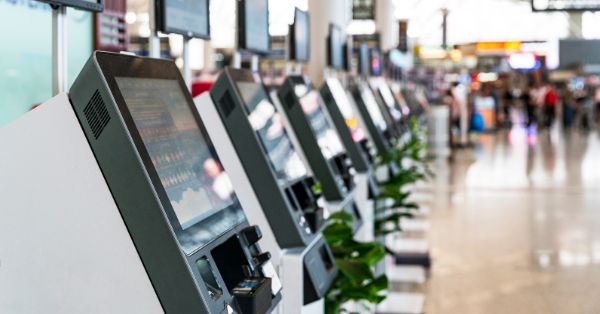Telecom CEOs Urge Government Backing for AI Investments
On November 12, the CEOs of South Korea’s leading telecom companies—SK Telecom, KT, and LG Uplus—met with Yoo Sang-im, Minister of Science and ICT, to emphasize the need for increased government support for artificial intelligence (AI) development. The meeting focused on ensuring South Korea’s competitiveness in AI through collaborative public-private efforts.
Yoo Young-sang, CEO of SK Telecom, highlighted, “To thrive in the AI era, we must develop an AI strategy tailored to our country’s needs. Solely relying on external AI technology is not a sustainable approach; we need continued investment in our own AI capabilities.” Kim Young-seop, CEO of KT, added, “AI investment is crucial for the telecom sector to maintain its competitive edge.” Hwang Hyun-sik, CEO of LG Uplus, echoed these sentiments, calling for tax incentives and regulatory reforms to promote AI investment.
Public-Private Collaboration to Secure ‘AI G3’ Status for South Korea
Minister Yoo agreed on the significance of AI investment, stressing the need for collaboration between the government and private sector to position South Korea as an “AI G3” nation. The meeting, held at the Korea Chamber of Commerce and Industry in Seoul, was Minister Yoo’s first engagement with the three telecom leaders since assuming office.
Ryu Jae-myung, director of network policy at the Ministry of Science and ICT, emphasized the importance of balancing investments in traditional network infrastructure with future-focused AI initiatives. “Discussions centered on fostering public-private cooperation to support AI development, including tax benefits and addressing energy and regulatory challenges for AI data centers,” he explained.
Tackling Broader Telecom Challenges: Fees, Budget Phones & More
The meeting also touched on other pressing issues, including telecom fees, budget phone support, and measures to curb illegal spam. In response to concerns raised during this year’s National Assembly audit about LTE rates, the CEOs agreed to phase out new subscriptions for LTE plans that are more expensive than 5G offerings by the end of the year. KT intends to introduce a unified rate plan combining LTE and 5G by the first quarter of next year, with SKT and LG Uplus planning similar offerings once their systems are ready.
The telecom leaders also committed to improving consumer access to optional contracts and expanding support for budget phones by lowering wholesale prices. The Ministry of Science and ICT plans to unveil comprehensive telecom policies, including those related to budget phones, later this year.
Addressing Fair Trade Penalties & Industry Impact
Regarding recent penalties imposed by the Fair Trade Commission for alleged collusion on sales incentives, the CEOs voiced their apprehension, pointing out that the Mobile Device Distribution Improvement Act has been in place for over a decade under the Korea Communications Commission’s guidance. They warned that the penalties could negatively impact industry operations. Minister Yoo acknowledged the challenges faced by the telecom sector and promised to collaborate with relevant agencies to address these concerns.
Combatting Illegal Spam & Supporting Small Businesses
To combat illegal spam, the CEOs suggested prioritizing the assignment of new or long-unused phone numbers to children under 12 to reduce their exposure. Minister Yoo also called on telecom firms to support small and medium-sized businesses as part of their social responsibility initiatives. KT announced plans to create a department dedicated to supporting small businesses and launch an integrated platform early next year. SKT and LG Uplus pledged further collaboration on initiatives like the East Growth Fund and community-oriented membership programs.































